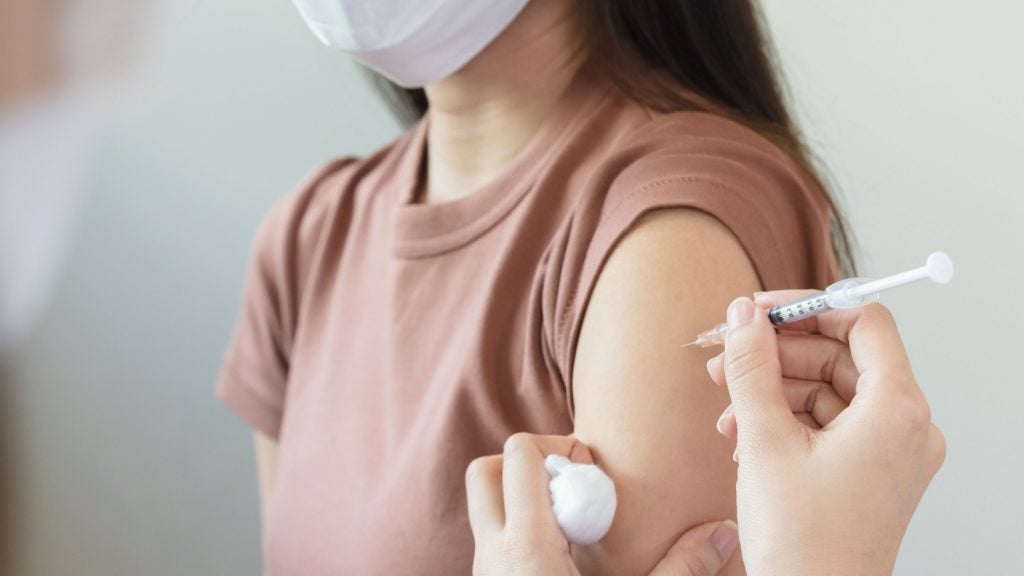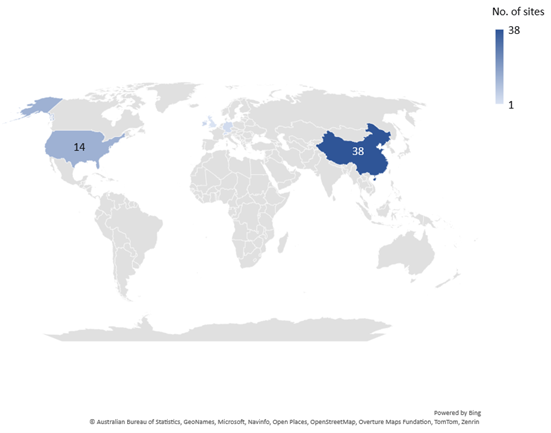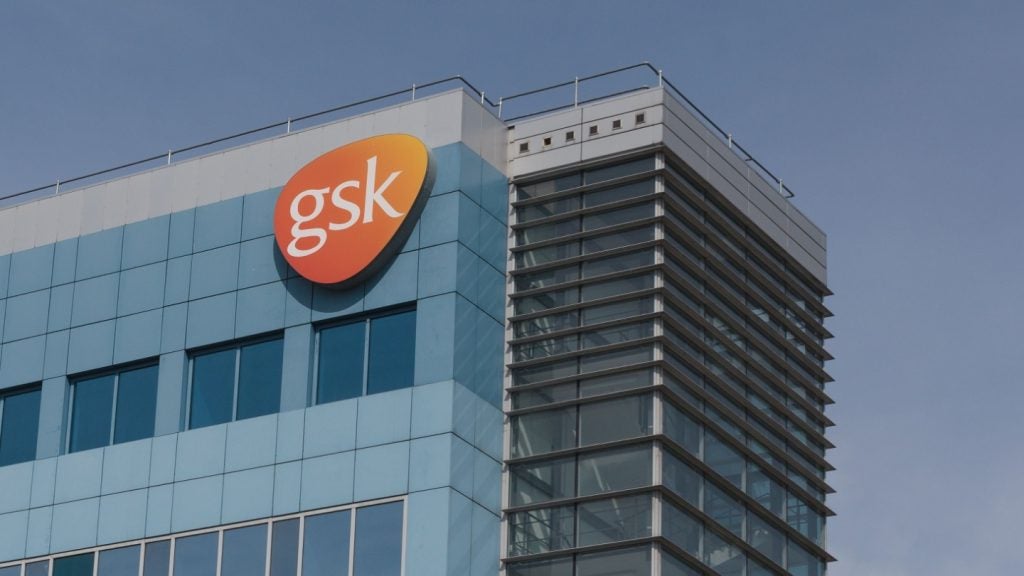Bavarian Nordic has signed a licence and manufacturing agreement with the Serum Institute of India (SII) for its mpox vaccine, MVA-BN.
The partnership aims to facilitate the vaccine's supply for the Indian market through a technology transfer of the existing manufacturing process to SII.
SII will be granted the licence to sell and distribute MVA-BN in India. The company will also undertake contract manufacturing of the vaccine for Bavarian Nordic upon receiving regulatory approvals.
This will expand vaccine manufacturing capacity, allowing worldwide access during mpox outbreaks.
The financial structure of the deal is based on a profit-sharing model, with neither party requiring upfront or milestone payments.
SII will obtain and maintain the vaccine's regulatory approval within India, while Bavarian Nordic and SII will independently bear the costs of the technology transfer.
Bavarian Nordic is actively pursuing further partnerships to promote equitable access to the MVA-BN vaccine.
The company is particularly focused on establishing connections with local manufacturers in Africa to reach a wider demographic.
Bavarian Nordic president and CEO Paul Chaplin stated: “We are pleased to enter this licence and manufacturing agreement for MVA-BN as an mpox vaccine, which represents significant progress in our endeavors to expand access to the vaccine for all populations.
“We continue to work with partners globally to explore additional opportunities for local manufacturing to further support vaccine supply.”
In September 2024, the European Medicines Agency (EMA) approved the use of Bavarian Nordic’s mpox vaccine for adolescents. This approval potentially expands the vaccine's reach to younger populations in Africa.
Serum Institute of India CEO Adar Poonawalla stated: “Our mission has always been to deliver high-quality, affordable vaccines worldwide. The recent mpox outbreak underscores the critical need for a swift and coordinated response.
“Leveraging our manufacturing strength and rapid response capabilities, we aim to enhance epidemic preparedness and expand access to life-saving vaccines, safeguarding vulnerable populations and easing the global burden of mpox."













